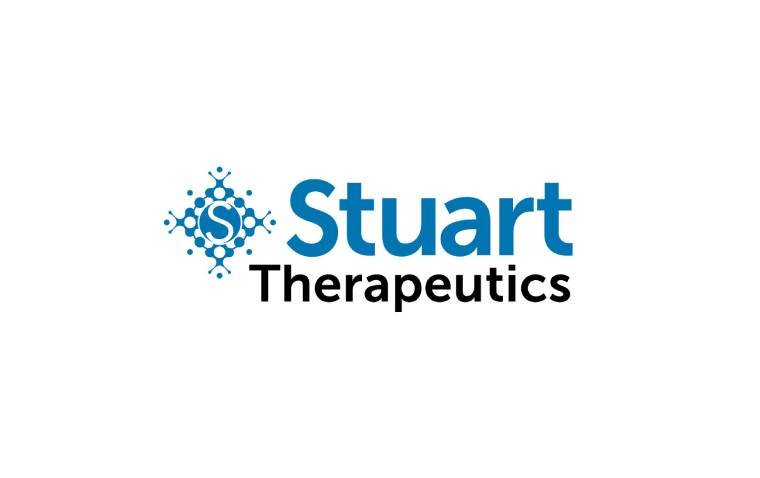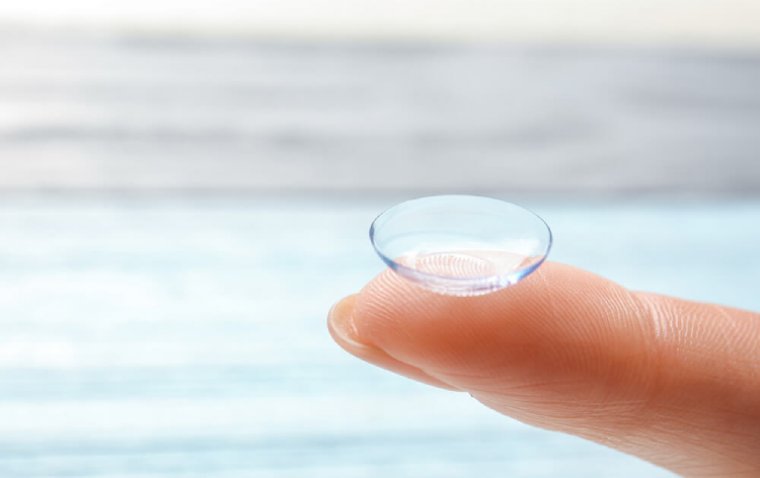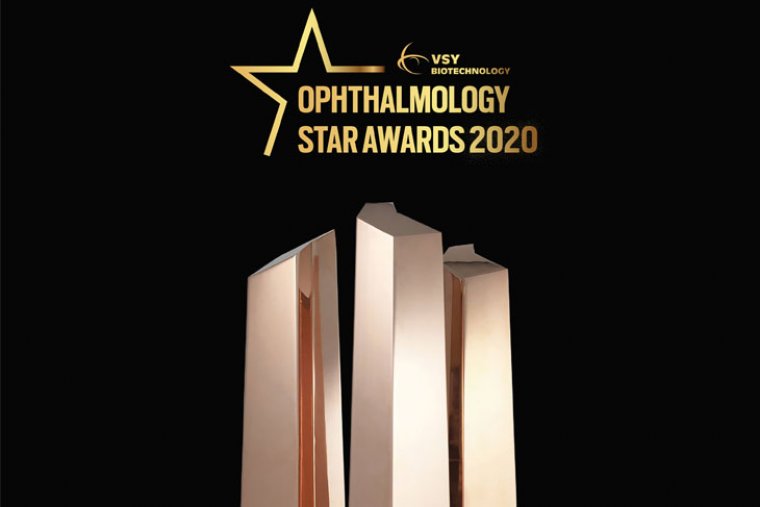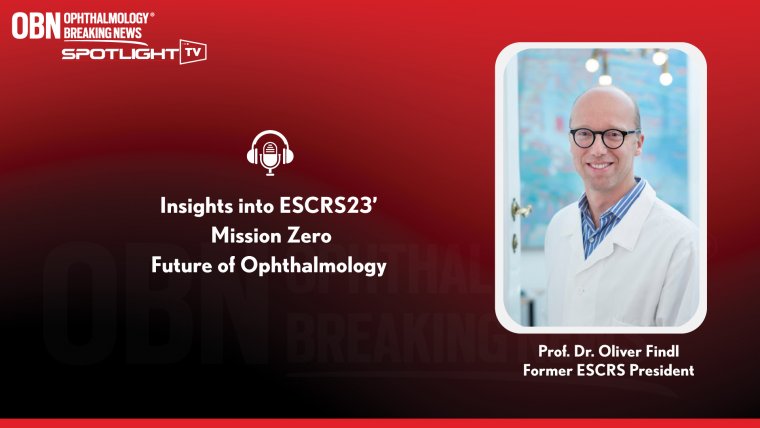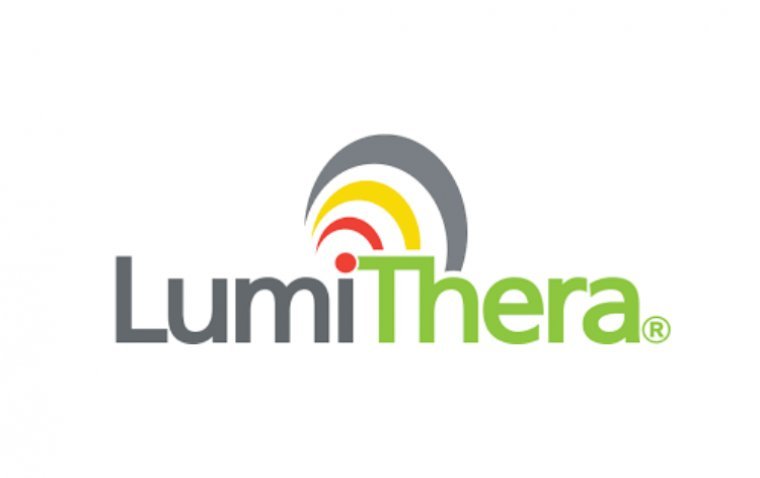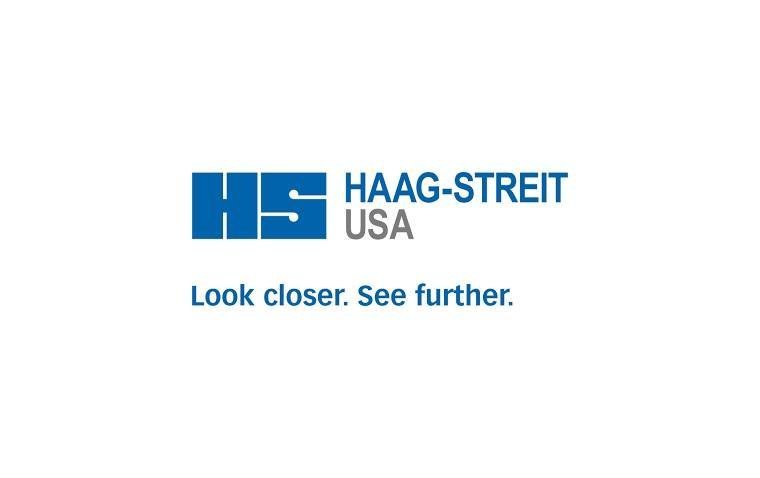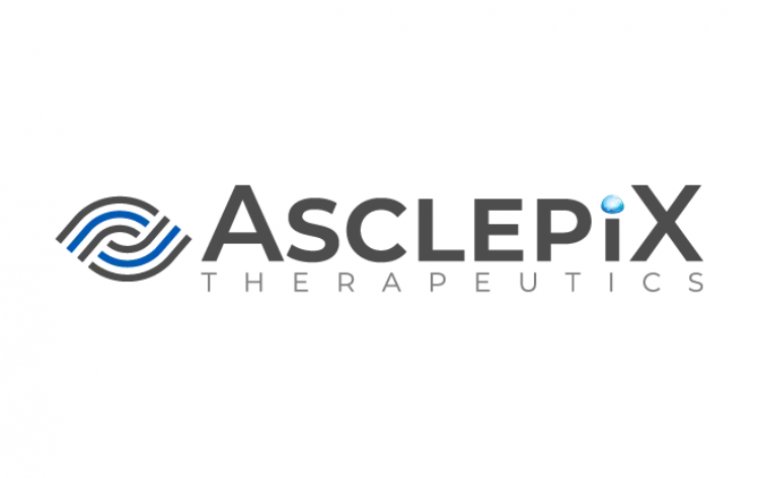
AsclepiX Therapeutics Secures $10 Million for AXT107 Clinical Study in Wet AMD
AsclepiX Therapeutics announced the completion of a $10 million Series A-3 financing aimed at advancing the clinical development of its leading candidate, AXT107 (gersizangitide), in patients diagnosed with wet AMD.
“With the completion of this round, we are excited to embark on the next phase of our clinical development program,” said Dr. Amir Shojaei, Chief Scientific Officer and Executive Vice President, Clinical Development. “The DISCOVER study, utilizing AXT107 microparticulate suspension, will evaluate the safety and tolerability of three doses of AXT107 in patients with wet AMD. We look forward to announcing the initiation of enrollment in early 2024.”
The company's lead clinical candidate, integrin-regulating peptide AXT107 (gersizangitide), operates through a novel mechanism of action that inhibits neovascularization, reduces vascular permeability, and suppresses vascular inflammation. Presented in a microparticulate suspension, AXT107 exhibits potential for sustained biological activity with just one injection, surpassing the current standard of care.
“Despite the challenging investment climate, the successful raise is a testament to the technology,” said Chris Garabedian, Board Director. “We have great confidence in the AsclepiX leadership team, the potential of AXT107 as a novel approach to treat neovascular retinal diseases, and the financial return on our investment.”
About AXT107
AXT107 works by inhibiting pro-angiogenic vascular endothelial growth factor receptor 2 (VEGFR2) while activating the vessel stabilizing receptor tyrosine kinase (Tie2), both crucial pathways for treating retinal vascular diseases. The interaction of AXT107 with integrin αvβ3 and integrin α5β1 mediates both pathways. The microparticulate suspension form of AXT107 allows for suitable intraocular injection.
By complementing the Tie2 effects with its anti-VEGF action, AXT107 has the potential to offer significant improvements in vision gains, reduction of vascular permeability, and suppression of inflammation. Its low aqueous solubility when administered intraocularly provides substantial durability, significantly reducing the treatment burden associated with the current standard of care.
The DISCOVER study will explore the intraocular injection of AXT107 microparticulate suspension, which is an open-label, single injection, dose-escalating, 40-week, phase 1/2a clinical study in patients with wet AMD. This study aims to evaluate the safety, tolerability, bioactivity, and duration of action across three dose levels of AXT107.
(1).jpg)
